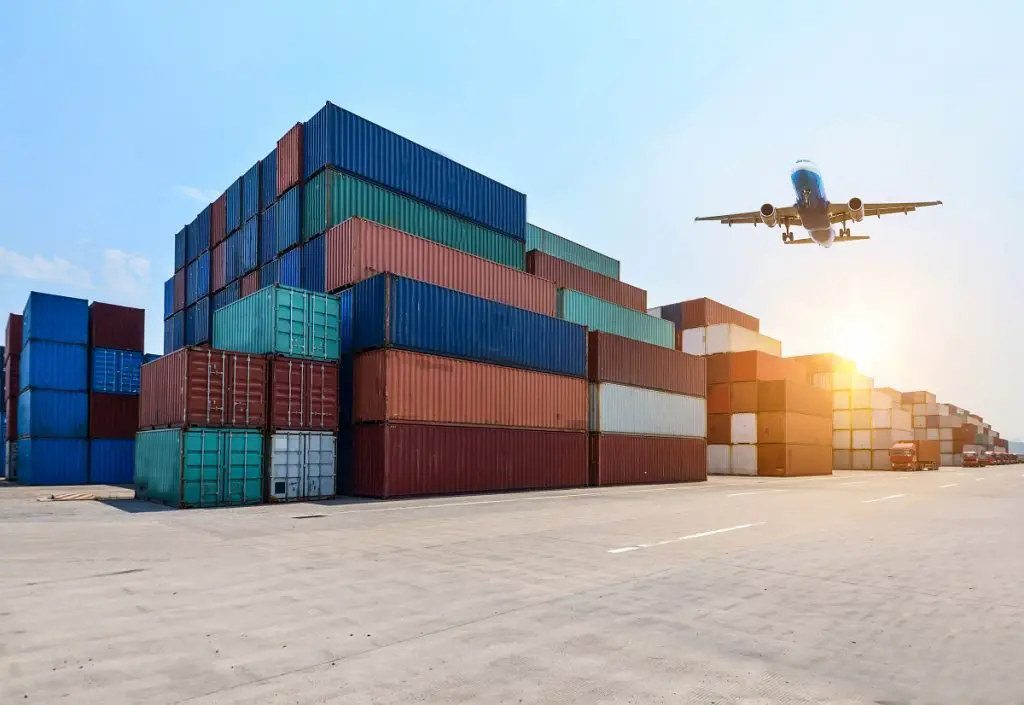Only 40 per cent of Africa’s trade is bank-intermediated, representing a far lower share than the global average of 80 per cent.
With this, the trade finance gap remains unacceptably high at US$81 billion as of 2019, according to the African Development Bank and the African Export-Import Bank in a joint report.
Over the nine years leading up to 2019, the average size of the trade finance gap in Africa was estimated to be US$91 billion. It decreased slowly but steadily from US$120 billion in 2011 to US$70 billion as at end-2016. But the downward trend has since reversed.
Read: Africa’s energy gap provide investment opportunities
“The gap in 2019 was estimated to be US$81.80 billion. Given that the global trade finance gap was estimated to be US$1.5 trillion in 2018, the average unmet demand in Africa represents 5.5 per cent of the global trade finance gap. To put this in perspective, total African trade accounts for only 3 per cent of world trade,” notes the report.
The report, Trade Finance in Africa: Trends Over the Past Decade and Opportunities Ahead, posits that there is an urgent need for financing to reenergize Africa’s trade in the wake of the Covid-19 pandemic.
It notes that these limitations are some of the structural challenges hindering banks’ ability to effectively intermediate Africa’s trade with the world. It also highlighted the critical role of development finance institutions in supporting the industry.
Unintended regulatory bottlenecks, according to the report, were one of the key constraints driving these patterns.
The report builds on two previous studies released in 2014 and 2017. It is based on a survey of over 600 unique commercial banks in 49 countries across Africa for 2011-19.
“With the on-going Covid-19 pandemic, the need for financing to reenergize the region’s trade is urgent.”
The report set out as a benchmark for trade finance in Africa before the Covid-19 crisis, and recommends policy responses to the industry in the wake of the pandemic.
Read also: Invest In Africa roots for more support to bridge SME financing gap
“The good news is that development finance institutions (DFIs), including the African Development Bank, are playing a more active role in supporting the trade finance industry in Africa,” it says.
“Citibank, Commerzbank, Deutsche Bank, Standard Chartered Bank, and UBAF continue to top the list of correspondent banks servicing issuing banks in Africa. However, all but Citibank had lower shares of correspondent relationships with African issuing banks during 2015–19 than in previous waves of the survey. This shows a general retreat from correspondent relationships with African issuing banks,” notes the report.
The report made recommendations to boost trade finance supply in Africa, including raising awareness about the impact of stringent regulatory requirements on sector intermediaries and addressing geographical and institutional disparities in DFI support to the sector.
The study shows that trade finance remains a popular activity among banks in Africa, but the participation rate continues to decrease. From 2013-14 survey, 87 per cent of the Banks that responded engaged in trade finance activities compared with 71 per cent in 2019 – a decrease of 16 percentage points.
This could be due to a combination of increased competition, adoption of stricter Basel III regulatory requirements and new anti-money laundering standards that have reduced profit margins and increased operational costs, thereby making trade finance unprofitable for small banks.
SMEs are an important driver of growth in Africa making up 80 per cent of all businesses in sub-Saharan Africa and accounting for up to 80 per cent of all jobs in the region. Yet, they also face the greatest challenges in accessing trade finance on competitive terms.
To help understand the extent to which SMEs are underserved with respect to trade finance in Africa, the survey solicited data on the share of trade finance assets dedicated to SME.
The results show that SMEs’ share of trade finance assets has trended upward. In 2011–12 only 28 per cent of trade finance assets were dedicated to SME trade finance.
In 2019, that figure had increased by six percentage points, to 34 per cent.
As African-based SMEs increasingly view international trade as part of their strategies to become part of the global supply chain, it is important to ensure the sustainability of access to trade finance for SMEs across the region. The fear is that if the Covid-19 pandemic persists, it could derail the progress made towards access to finance for SMEs.
